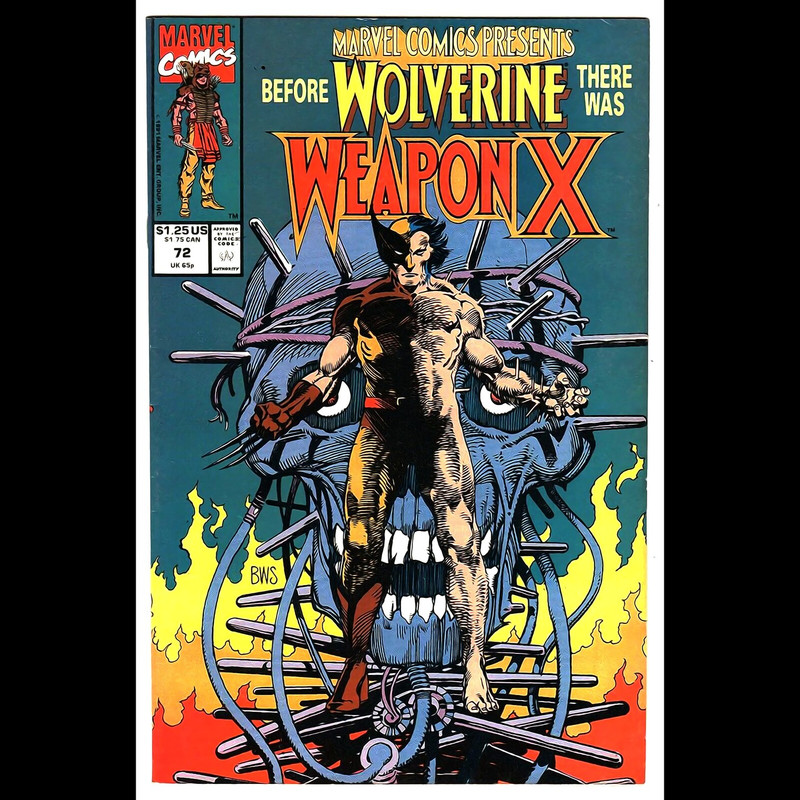11
The Toltec World / Zul-Qarnain ("The One with Two Horns") - The Quran, Ch. 18: al-Kahf ("The Cave")
« Last post by Yeshu on June 20, 2024, 07:55:16 AM »83. And they ask you about Zul-Qarnain. Say, “I will tell you something about him.”
84. We established him on earth, and gave him all kinds of means.
85. He pursued a certain course.
86. Until, when he reached the setting of the sun, he found it setting in a murky spring, and found a people in its vicinity. We said, “O Zul-Qarnain, you may either inflict a penalty, or else treat them kindly.”
87. He said, “As for him who does wrong, we will penalize him, then he will be returned to his Lord, and He will punish him with an unheard-of torment.
88. “But as for him who believes and acts righteously, he will have the finest reward, and We will speak to him of Our command with ease.”
89. Then he pursued a course.
90. Until, when he reached the rising of the sun, he found it rising on a people for whom We had provided no shelter from it.
91. And so it was. We had full knowledge of what he had.
92. Then he pursued a course.
93. Until, when he reached the point separating the two barriers, he found beside them a people who could barely understand what is said.
94. They said, “O Zul-Qarnain, the Gog and Magog are spreading chaos in the land. Can we pay you, to build between us and them a wall?”
95. He said, “What my Lord has empowered me with is better. But assist me with strength, and I will build between you and them a dam.”
96. “Bring me blocks of iron.” So that, when he had leveled up between the two cliffs, he said, “Blow.” And having turned it into a fire, he said, “Bring me tar to pour over it.”
97. So they were unable to climb it, and they could not penetrate it.
98. He said, “This is a mercy from my Lord. But when the promise of my Lord comes true, He will turn it into rubble, and the promise of my Lord is always true.”
99. On that Day, We will leave them surging upon one another. And the Trumpet will be blown, and We will gather them together.
100. On that Day, We will present the disbelievers to Hell, all displayed.
101. Those whose eyes were screened to My message, and were unable to hear.
102. Do those who disbelieve think that they can take My servants for masters instead of Me? We have prepared Hell for the hospitality of the faithless.
103. Say, “Shall We inform you of the greatest losers in their works?”
104. “Those whose efforts in this world are misguided, while they assume that they are doing well.”
105. It is they who rejected the communications of their Lord, and the encounter with Him. So their works are in vain. And on the Day of Resurrection, We will consider them of no weight.
106. That is their requital—Hell—on account of their disbelief, and their taking My revelations and My messengers in mockery.
107. As for those who believe and do righteous deeds, they will have the Gardens of Paradise for hospitality.
108. Abiding therein forever, without desiring any change therefrom.
109. Say, “If the ocean were ink for the words of my Lord, the ocean would run out, before the words of my Lord run out,” even if We were to bring the like of it in addition to it.
110. Say, “I am only a human being like you, being inspired that your god is One God. Whoever hopes to meet his Lord, let him work righteousness, and never associate anyone with the service of his Lord.”
- The Quran, Ch. 18: "The Cave"

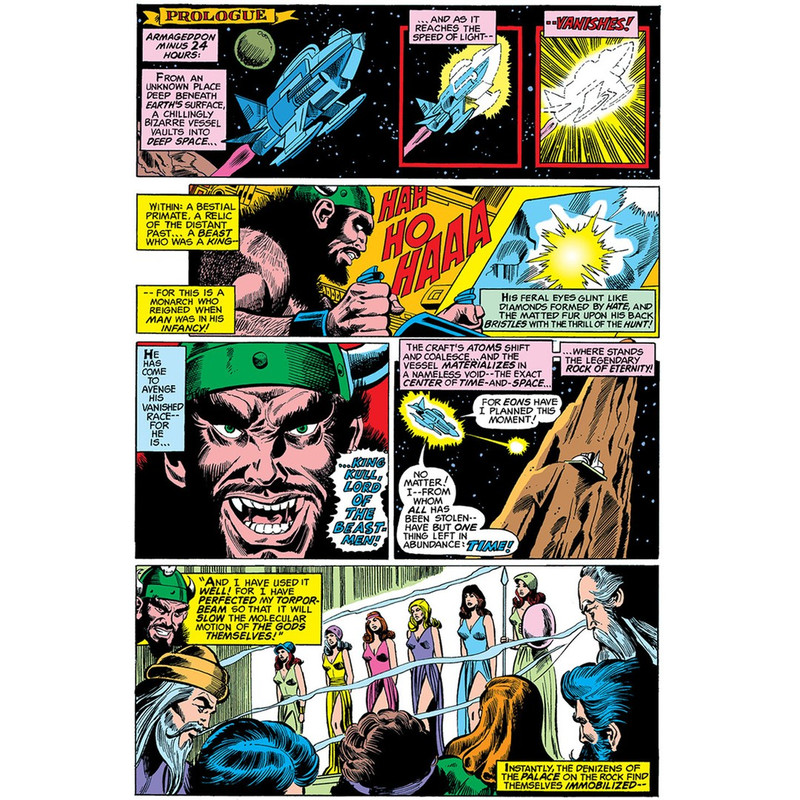
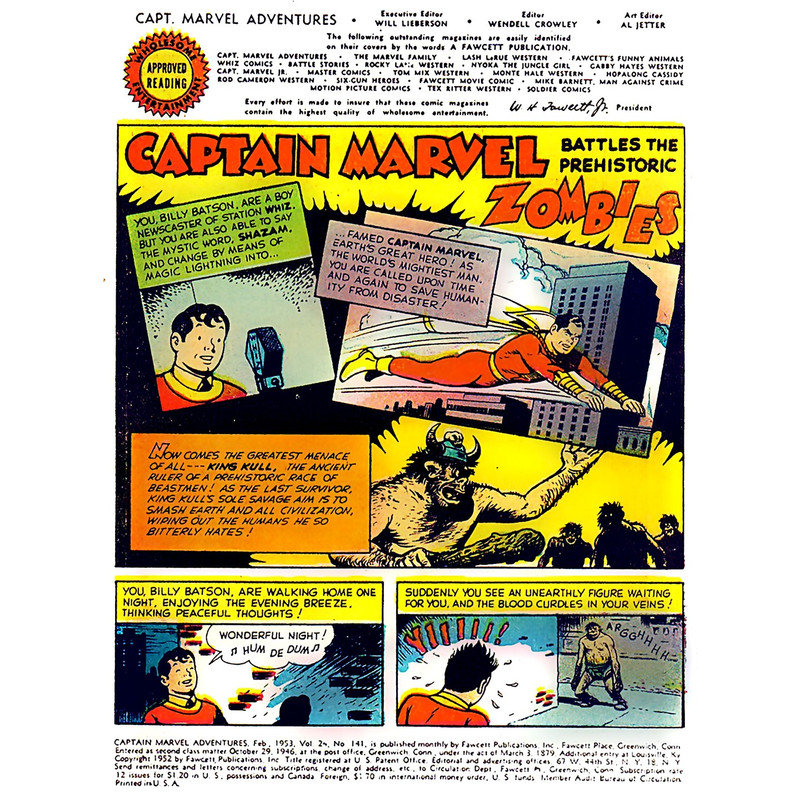
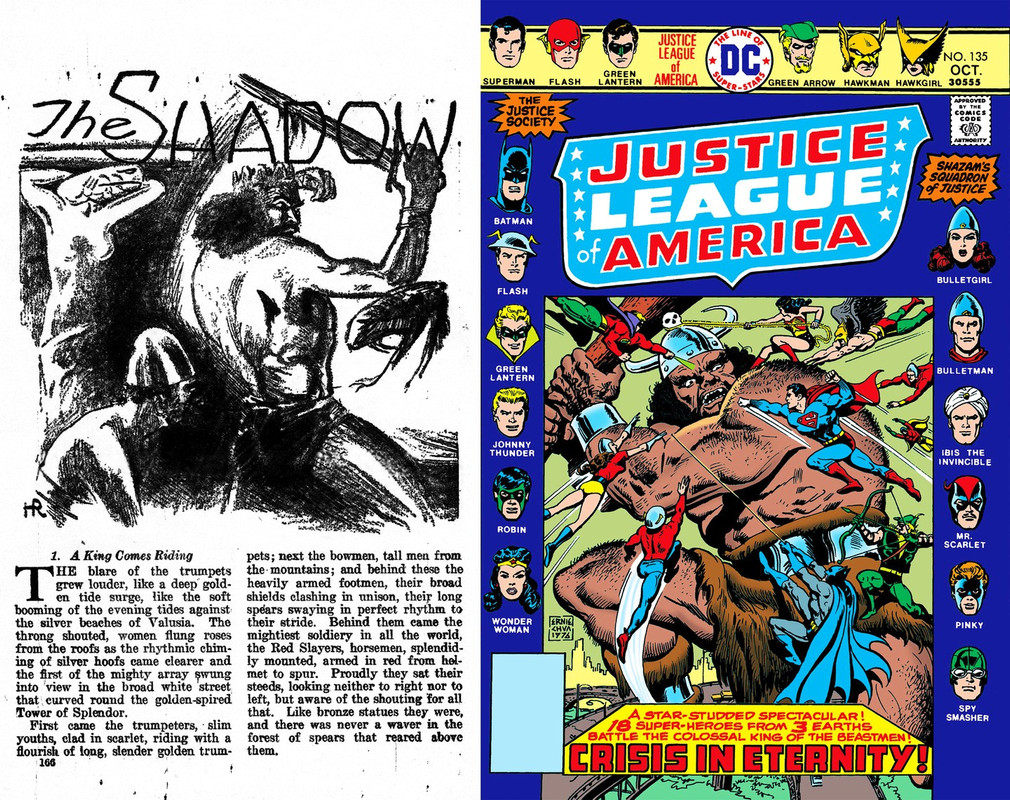
84. We established him on earth, and gave him all kinds of means.
85. He pursued a certain course.
86. Until, when he reached the setting of the sun, he found it setting in a murky spring, and found a people in its vicinity. We said, “O Zul-Qarnain, you may either inflict a penalty, or else treat them kindly.”
87. He said, “As for him who does wrong, we will penalize him, then he will be returned to his Lord, and He will punish him with an unheard-of torment.
88. “But as for him who believes and acts righteously, he will have the finest reward, and We will speak to him of Our command with ease.”
89. Then he pursued a course.
90. Until, when he reached the rising of the sun, he found it rising on a people for whom We had provided no shelter from it.
91. And so it was. We had full knowledge of what he had.
92. Then he pursued a course.
93. Until, when he reached the point separating the two barriers, he found beside them a people who could barely understand what is said.
94. They said, “O Zul-Qarnain, the Gog and Magog are spreading chaos in the land. Can we pay you, to build between us and them a wall?”
95. He said, “What my Lord has empowered me with is better. But assist me with strength, and I will build between you and them a dam.”
96. “Bring me blocks of iron.” So that, when he had leveled up between the two cliffs, he said, “Blow.” And having turned it into a fire, he said, “Bring me tar to pour over it.”
97. So they were unable to climb it, and they could not penetrate it.
98. He said, “This is a mercy from my Lord. But when the promise of my Lord comes true, He will turn it into rubble, and the promise of my Lord is always true.”
99. On that Day, We will leave them surging upon one another. And the Trumpet will be blown, and We will gather them together.
100. On that Day, We will present the disbelievers to Hell, all displayed.
101. Those whose eyes were screened to My message, and were unable to hear.
102. Do those who disbelieve think that they can take My servants for masters instead of Me? We have prepared Hell for the hospitality of the faithless.
103. Say, “Shall We inform you of the greatest losers in their works?”
104. “Those whose efforts in this world are misguided, while they assume that they are doing well.”
105. It is they who rejected the communications of their Lord, and the encounter with Him. So their works are in vain. And on the Day of Resurrection, We will consider them of no weight.
106. That is their requital—Hell—on account of their disbelief, and their taking My revelations and My messengers in mockery.
107. As for those who believe and do righteous deeds, they will have the Gardens of Paradise for hospitality.
108. Abiding therein forever, without desiring any change therefrom.
109. Say, “If the ocean were ink for the words of my Lord, the ocean would run out, before the words of my Lord run out,” even if We were to bring the like of it in addition to it.
110. Say, “I am only a human being like you, being inspired that your god is One God. Whoever hopes to meet his Lord, let him work righteousness, and never associate anyone with the service of his Lord.”
- The Quran, Ch. 18: "The Cave"




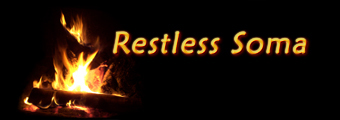



 Recent Posts
Recent Posts




